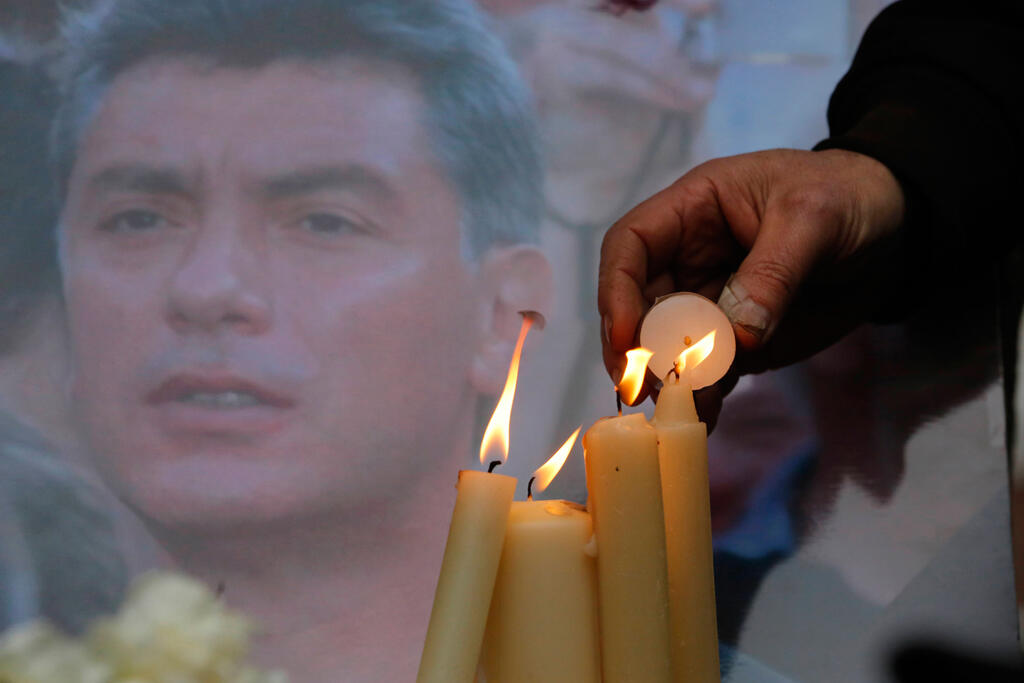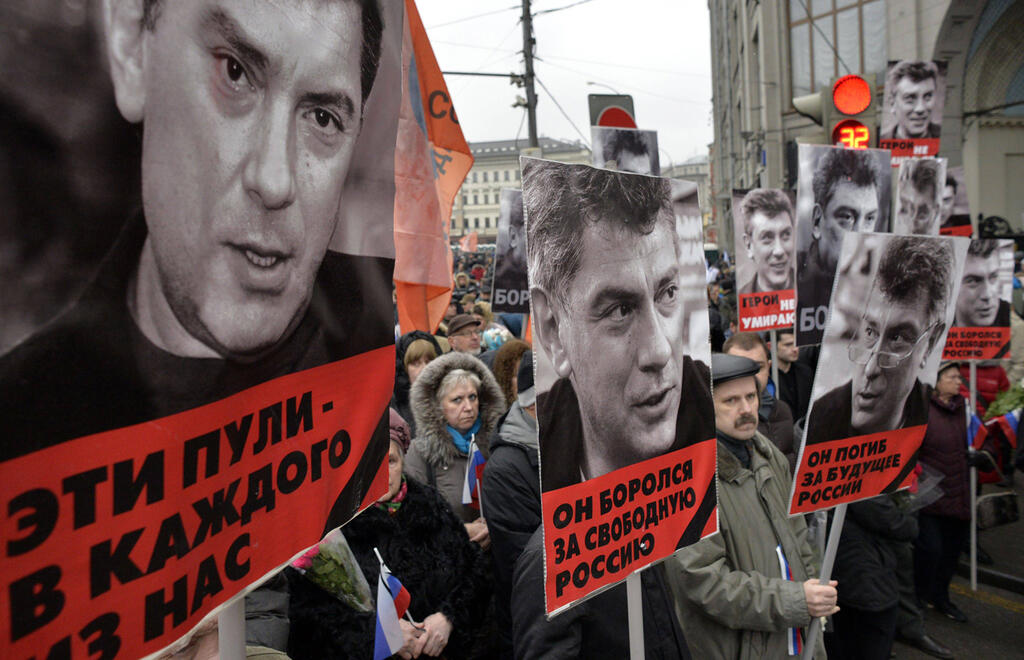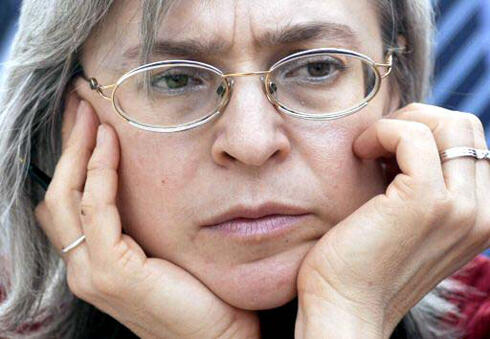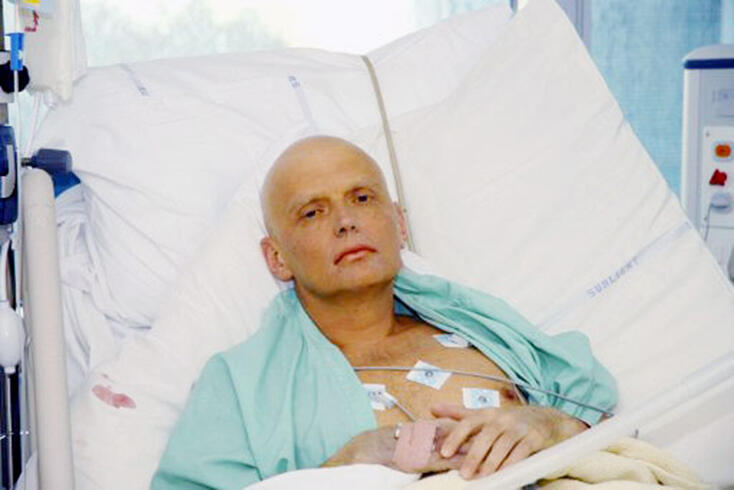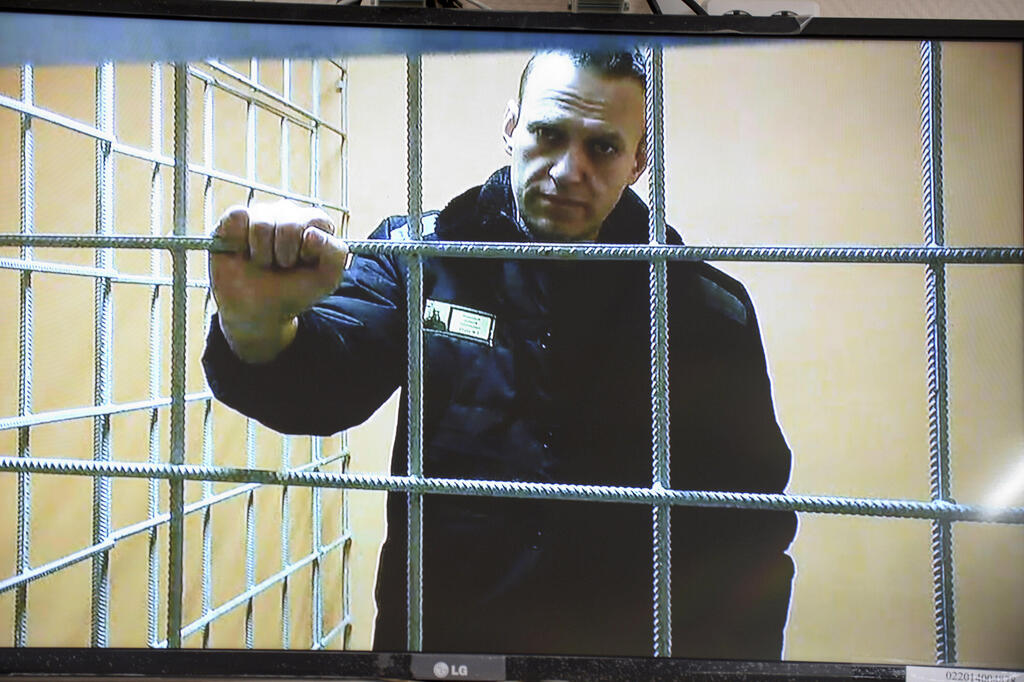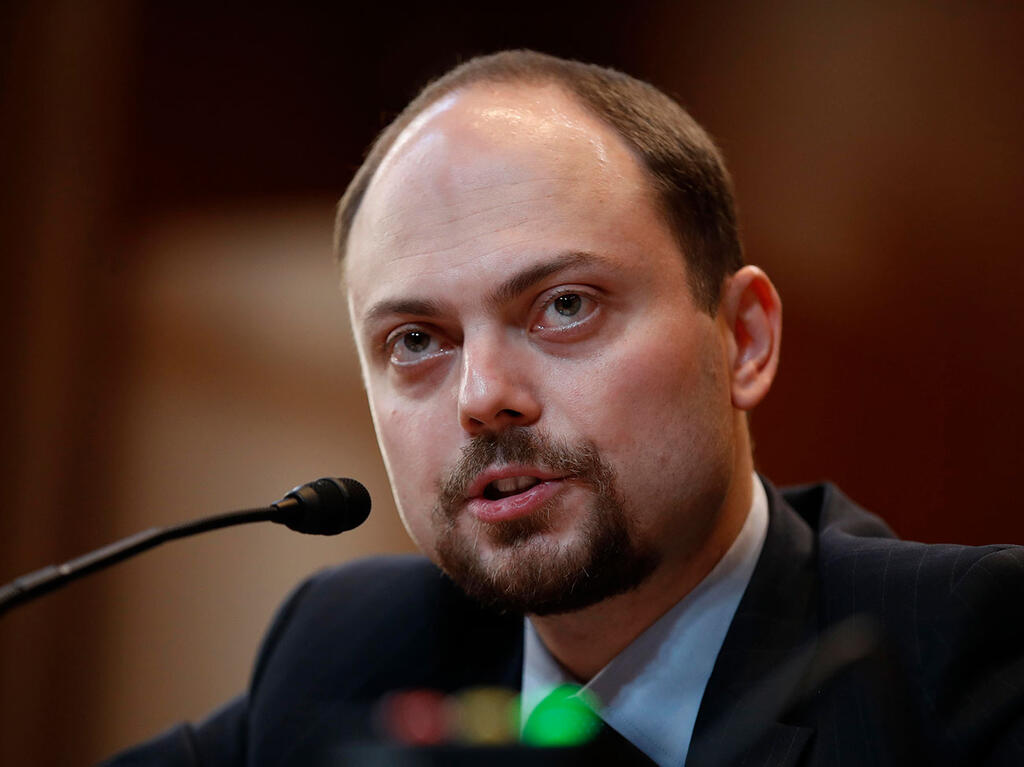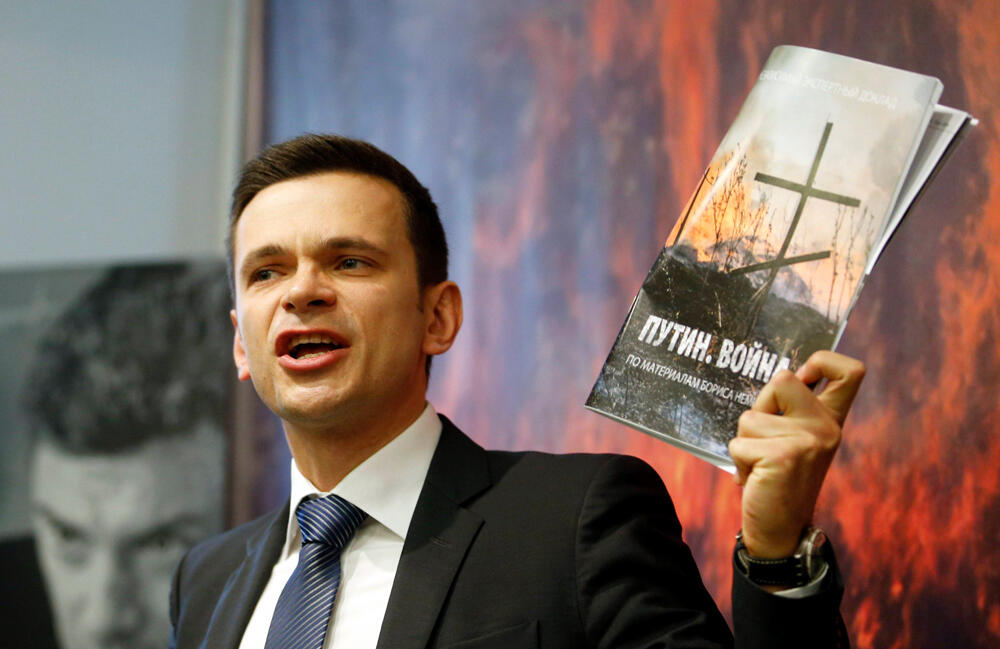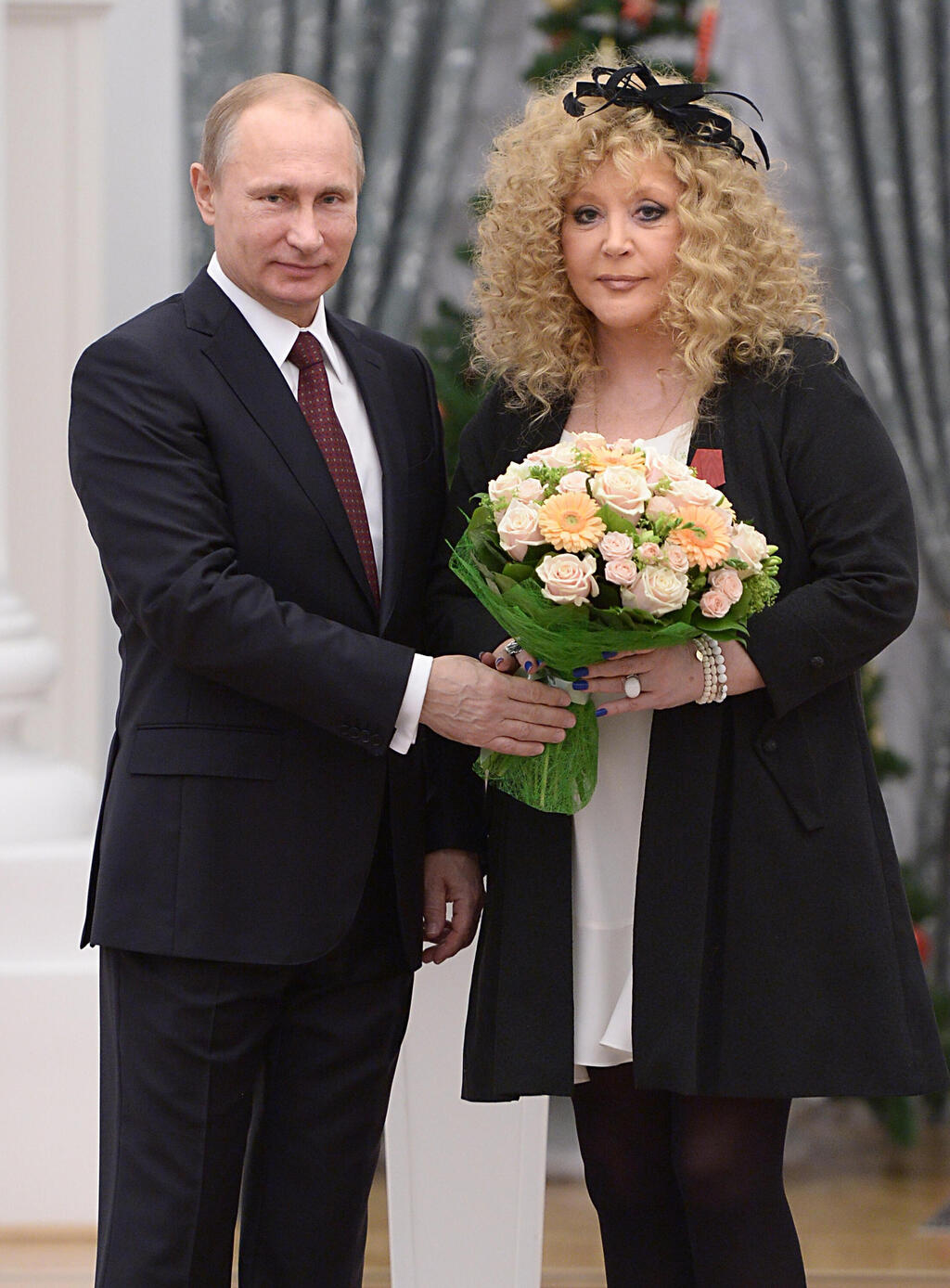Getting your Trinity Audio player ready...
Vladimir Kara-Murza, a Russian opposition figure who spoke out against the invasion of Ukraine, was sentenced to 25 years in prison on Monday. This is just one instance of Kremlin opponents who have faced similarly lengthy prison sentences, assassination attempts or had to flee Russia.
Other stories:
Liquidated
Boris Nemtsov - In 2015, a former deputy prime minister and politician, was fatally shot on a bridge near the Kremlin while walking home. Though five Chechen men were found guilty of the murder, the identity of the person behind the assassination remained undisclosed. His associates hold the Kremlin and Ramzan Kadyrov, the leader of Chechnya, responsible for the assassination, but the government denied any involvement in the crime.
Anna Politkovskaya - Anna was an investigative journalist who worked for Russia's leading independent newspaper, Novaya Gazeta, and was assassinated outside her Moscow home.
Her death sent shockwaves around the world, and although her killers were sent to life imprisonment, the investigation in Russia failed to identify who ordered her assassination. Politkovskaya was well-known for her vociferous criticism of the Kremlin's actions in Chechnya.
In 2021, Novaya Gazeta editor Dmitry Muratov was awarded the Nobel Peace Prize, which he dedicated to Politkovskaya and other journalists killed on duty.
Lieutenant Colonel Alexander Litvinenko - After serving as a KGB agent and later with the FSB, which succeeded the KGB following the Soviet Union's collapse, Litvinenko defected from Russia in 2000 and sought refuge in London.
Tragically, six years after his arrival, he was hospitalized in critical condition after consuming tea laced with the radioactive substance polonium 210. Despite efforts to save his life, Litvinenko passed away three weeks later.
An investigation in the UK implicated Russian agents in the poisoning, allegedly carried out with the approval of Vladimir Putin. However, Russia has denied any involvement in the incident.
Jailed
Alexei Navalny - Before boarding a flight during a visit to Siberia in 2020, the Russian opposition leader was poisoned with the Soviet Union-produced Novichok nerve agent. He was then transported to Germany for medical treatment and eventually returned to Russia in January 2021. Upon his arrival at a Moscow airport, he was taken into custody.
Navalny, 46, is currently serving a nine-year prison sentence on embezzlement charges. His supporters believe that these accusations are an attempt to punish him for his opposition to the Kremlin.
Despite being imprisoned in a penal colony, Navalny has continued to speak out against the regime and the ongoing conflict in Ukraine. He has described the Russian invasion as a "tragedy" and a "crime against my country."
Recently, concerns have been raised about his deteriorating health.
Vladimir Kara-Murza - This was the harshest punishment ever given to a Russian citizen for expressing dissent against the Kremlin and the invasion of Ukraine. He was handed a 25-year prison sentence on charges of treason, spreading false information about the Russian military, and participating in an "undesirable organization."
This penalty surpasses any previous punishment given to a Russian citizen for speaking out against the invasion of Ukraine.
Ilya Valeryevich Yashin - Yashin was sentenced to eight and a half years in prison in December 2022 for allegedly disseminating "false information" about Russian defense forces.
Both Yashin and Kara-Murza were prosecuted under a new law passed in Russia after the invasion of Ukraine, which imposes a maximum penalty of 15 years in prison for those found guilty of defaming the army or spreading lies about its operations.
Yevgeny Roizman - The former mayor of Yekaterinburg openly criticized the Ukrainian campaign, which resulted in his arrest.
After his detention triggered demonstrations, the 60-year-old opposition leader was set free and is now anticipating the commencement of his trial. He faces charges of "slandering the Russian military" and is currently standing trial.
Exiled
Mikhail Khodorkovsky - The businessman-turned-activist spent a decade behind bars due to his resistance to Putin during the early days of his presidency. He currently resides in London and offers financial support to media initiatives that express disapproval of the Kremlin.
Following the ban of the organizations led by Navalny and their designation as "extremists," several of his allies left Russia. However, the situation escalated further with the peaceful protests against the invasion of Ukraine, which marked a turning point in the crackdown on dissent.
As a result, many Russians who oppose the war have been forced to flee the country and are scattered across the globe. Some have sought refuge in Europe or Israel.
Maxim Galkin - In a surprising turn of events, the husband of pop star Alla Pugacheva has emerged as a prominent figure speaking out against the war. Galkin, 46, currently resides in Israel and frequently shares his opinions on the Russian invasion and its aftermath on Instagram.
His wife has also expressed her condemnation of the invasion and joined him in the Holy Land.


